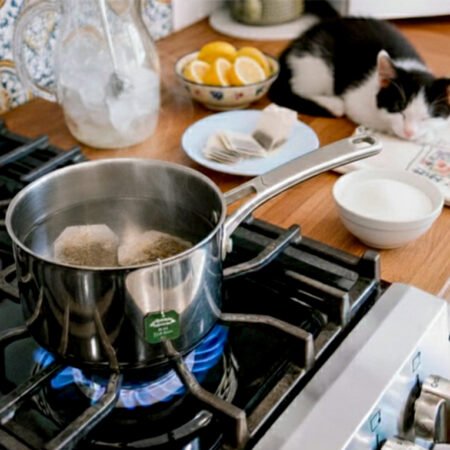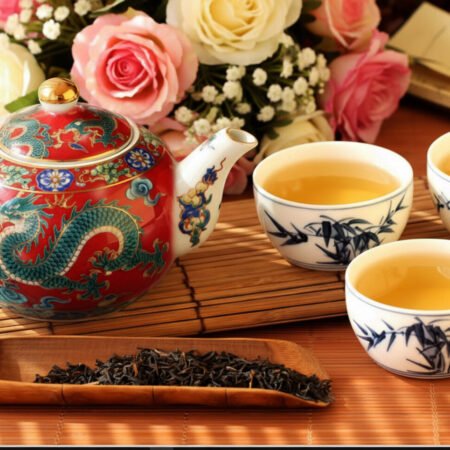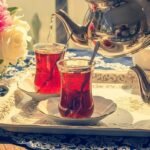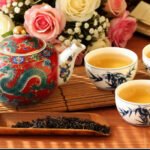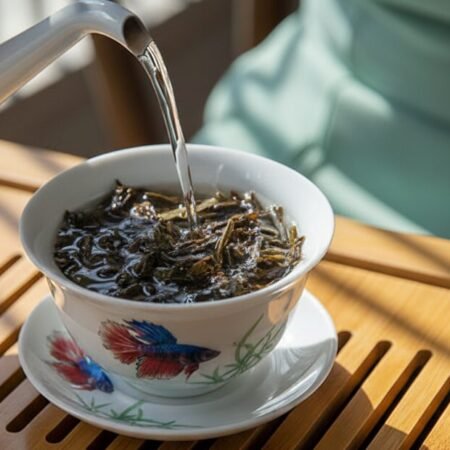
Browse Category
Brewing
Master the art and science of tea preparation to unlock each leaf’s full potential and flavor profile. Discover methods from around the world alongside essential variables that transform your tea experience.
31 Articles

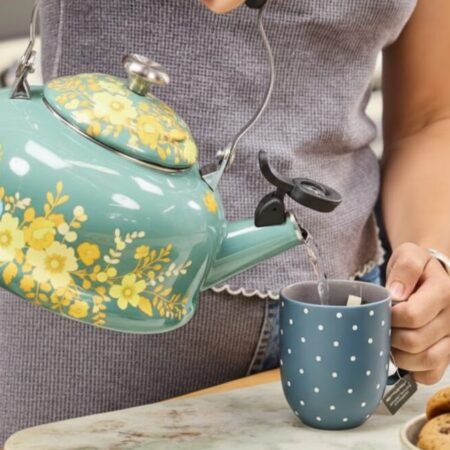
How to Brew Tea with a Kettle: A Simple Guide for Perfectly Brewed Tea
October 13, 2025
9 Min Read
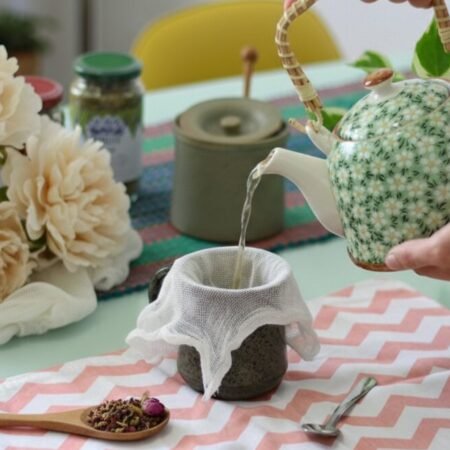
How to Brew Tea Without a Strainer: Easy Loose Leaf Infusions
October 11, 2025
7 Min Read

How to Brew Tea with Cold Water: A Refreshing Guide to Cold Brew Iced Tea
October 9, 2025
10 Min Read

How to Brew Tea Bags: Tips for the Perfect Cup of Tea the Easy Way
October 7, 2025
11 Min Read

How to Brew Loose Leaf Tea Without an Infuser – Easy Steps for Making Delicious Tea
October 5, 2025
10 Min Read
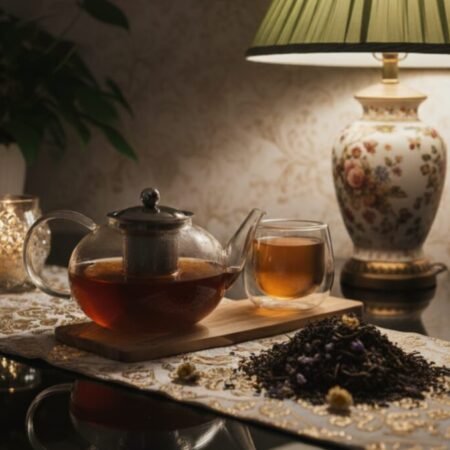
How to Brew Tea Leaves: Making the Perfect Cup of Loose Leaf Tea
October 3, 2025
7 Min Read

Perfecting Your Tea Steeping Time: A Comprehensive Guide
September 25, 2025
11 Min Read
Featured Articles
Spice up your tea game with 5 different types of chai
September 21, 2025
Brewing Black Tea: A Guide to Perfectly Brew Black Tea at Home
September 23, 2025
Perfecting Your Tea Steeping Time: A Comprehensive Guide
September 25, 2025
How to Brew Chinese Tea: A Comprehensive Brewing Guide
October 1, 2025
How to Brew Tea Leaves: Making the Perfect Cup of Loose Leaf Tea
October 3, 2025
Most Delightful Newsletter
Get Our Master Tea Brewing Cheatsheet

